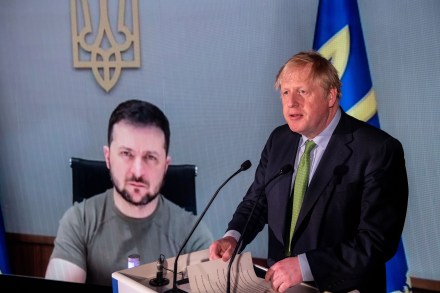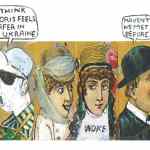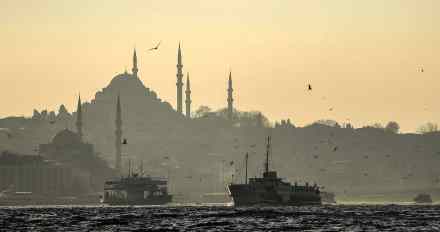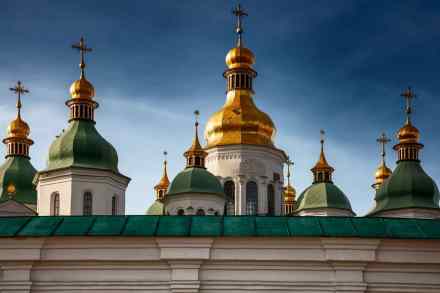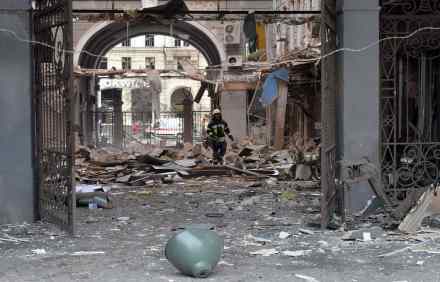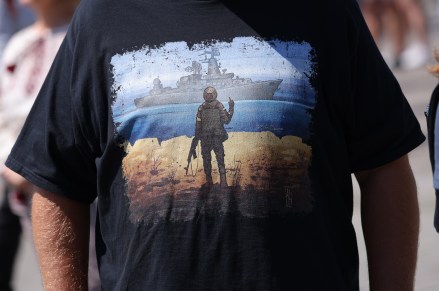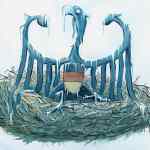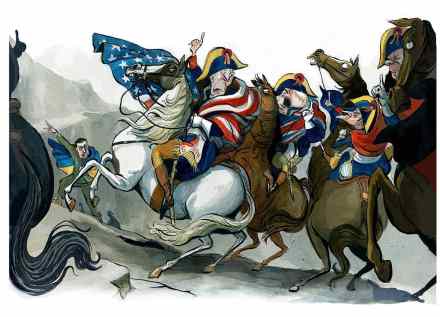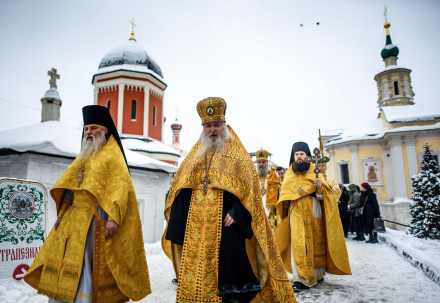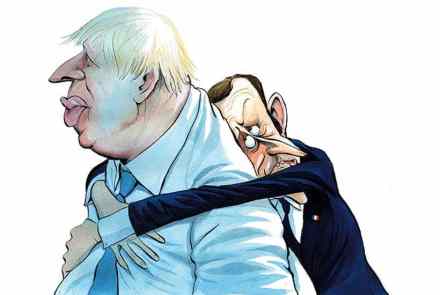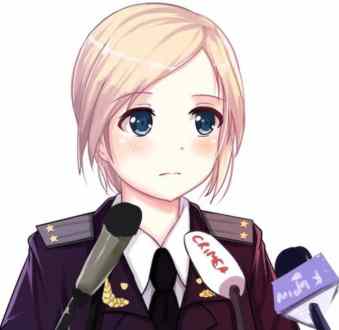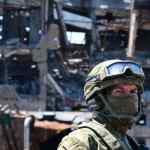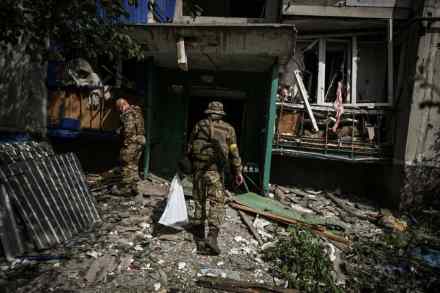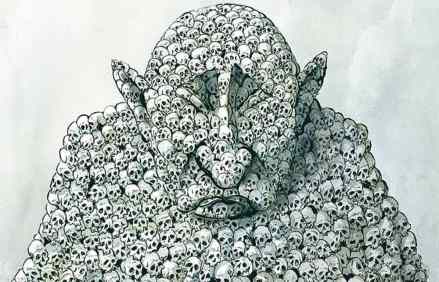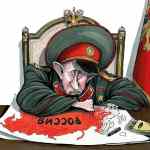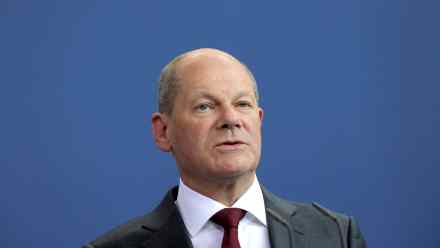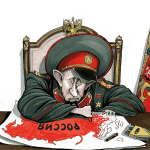Ukrainians are in mourning for Boris
Boris Johnson’s support for Ukraine looked like a gimmick for many in Britain. Whenever the PM was in trouble, he called president Zelensky. When things got too much in Westminster, Boris popped up in Kyiv. But for Ukrainians, Boris’s backing of Ukraine is no joke: he is a national hero. He is the most popular foreign politician: his approval ratings are 90 per cent, only 3 per cent behind Zelensky. He recently became an honorary citizen of Odessa. Four streets are named after him, and one cafe in the capital even makes a ‘Boris Johnson’ croissant (with vanilla ice cream on top, which is supposed to look like his hair).
